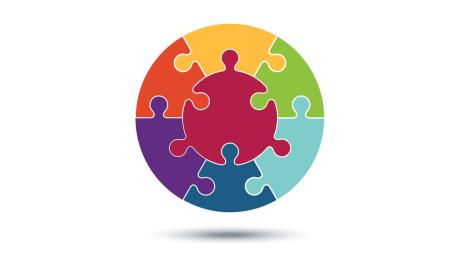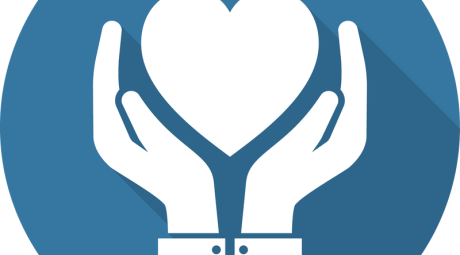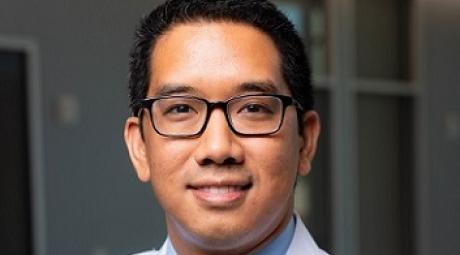New section
New section
New section
New section
These articles provide insight into how some people find methods to adapt to adverse situations and empower them to grow and learn.

It was a rainy Tuesday night as I sat under the amber glow of my lamp, glaring at my laptop. “This is torture,” I thought to myself, torn between swapping the second and fourth programs on my rank order list.

Medical school is a gas. I’ve always shared this metaphor with new medical students, describing how, after four years of studying, dissecting, presenting, and learning, I realized medical school resembles the state of matter known as gas. It’s not a liquid, nor a solid, but a gas — because, like gas, medical school can expand to fill every available space in your life.

Failure. It’s a word that carries undeniable weight, especially in medicine.

Life has a unique way of testing us when we're least expecting it, and this year, it turned my well-thought-out plans for a successful research year into a crash course on resilience, compassion, and the art of healing.

A first-year medical student describes how the power of vulnerability can improve medical student well-being and lead to better patient care experiences.

Angela Duckworth coined the term ‘grit’ and discussed the concept in her book, Grit: The Power of Passion and Perseverance. She defined it as “passion and perseverance towards a long-term goal.”

Embarking on the journey of medical school is stepping into a whirlwind of academic rigor, clinical demands, and personal growth.

If you’ve attended even one day of medical school, you’re probably familiar with impostor syndrome and how it may feel. You may think, “How did I make it here?”, “Do I deserve this spot?”, or “Everyone will find out I’m not good enough.” Impostor syndrome is that nasty feeling where you doubt your ability or intelligence and believe that you’ve fraudulently achieved your way to your current point in life.

In the quiet mornings by the West Boca Medical Center, a colony of great blue herons nesting in the pine trees offers an unexpected sanctuary.

Sometimes it feels like medical school has made me an amplified version of myself, for better and for worse.

Black children ages 5 to 12 are twice as likely to die by suicide as their White peers, and Black teen suicides are growing at shocking rates. What’s going on, and what can be done to help save young Black lives?

“I used to think that grief was something that a person went through alone. That was until I went to medical school.”